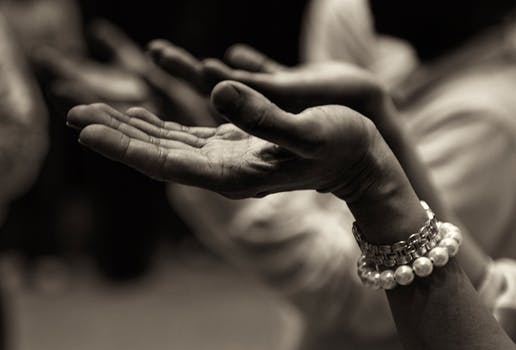Who are you? What are you here for?
I’ve run across a poem. I want to set it up for you.
Some of you know I’ve been giving lots of consideration to the stage of development that follows Adulthood. To Elderhood. In part, it’s a selfish inquiry – what with watching my very own toes cross the line into that kind of age. But Elderhood has become much bigger with investigation. So big, it seems vital to every life no matter the age.
Here’s one of the ideas. We spend the first half of life being agents of living. Doing it. Tending little to the past because there’s so much to tend day-to-day – and way too much to be anxious about for the future. This orientation dovetails with our location in what a mentor of mine once called the golden cage. She was referring to being weirdly trapped, restricted from taking creative flight, once awarded tenure as a faculty person. But the analogy really applies to anyone who spends their work life within the bars set up by economy. We don’t even see the bars. In our own Truman Show, we bustle about keeping up with myriad matters of consequence – all linked with economy and its spawn, mass culture.
Yep. Enormous group think.
We’re powerfully socialized into believing we are individuals making our way in a culture that celebrates rugged individualism. We hear from the outset that we are to pull ourselves up by our own boot straps. Be the best we can be. Prove ourselves by standing above, or even on top of, others.
But, all of that applies only as long as we are pursuing personal identity and value in the context of economy – that shared and most-usually unquestioned story that you are your job and its paycheck.
Now, I’m a total believer that each of us is entirely unique. In fact, I know each of us comes in with a true nature that deserves far better support than is available in the the myth of success through economy. And I see enormous suffering. When identity is tied up with being best – and most especially, with having money – there is never time to rest and reflect on who you really are. On what you’re really here for.
But, leave it to life to pose the questions anyway. Leave it to life to throw in crises, failure, deep grief or pain. Each of these forces us to choose. Will you grow bigger – become more of who you are? Or shrink back into what you’ve been told is the only way – the safe way – the prudent way – the reasonable way?
I’m finding that my life never gives up those questions. I’m also finding that much, if not most, of the society I’ve inherited and unconsciously carried forward would rather I didn’t actually – really-and-truly – seriously – engage those questions. Who am I really? What am I here for?
I’ve not been near death – at least not knowingly. But I’ve understood from stories across traditions and generations that, the moments just before leaving this life are not filled with wishes for more material posessions, or even for more fame, but rather with focus on relationships – on the love and kindness given and received. As one beloved Rabbi – Rabbi Zusya – shared in the final teaching from his deathbed, “In the coming world, they will not ask me: ‘Why were you not like Moses?’ ‘Why were you not like Soloman?’ ‘Why were you not like Abraham?’ They will ask me: ‘Why were you not Zusya?'”
This is the call of Elderhood. A call I’m not certain is limited to people of a certain age. It looks to me that not all older people are choosing to ‘grow bigger’ into the particular uniqueness and mystery of who they are. I also see indications of inner elders in children and adults of all ages – especially in the infinite eyes of brand new borns.
Yet, to pursue the question that only you can answer for you – only I can answer for me – seems to go against the grain of what holds most meaning in contemporary society.
I hope you risk it. Again and again. I recommend the risk, but I have to tell you that, for me, it’s not been without its terrifying aspects. It takes courage every time. But it pays off. I’ll also say, I’m still finding the answers a bit too illusive.
Who am I?
What am I here for?
I’ll keep asking. To ask is to live far more fully. To live as an artist. As a poet.
Whenever you think or you believe or you know, you’re a lot of other people: but the moment you feel, you’re nobody-but-yourself.
To be nobody-but-yourself — in a world which is doing its best, night and day, to make you everybody else — means to fight the hardest battle which any human being can fight; and never stop fighting.
ee cummings
 Clare Consultation, LLC
Clare Consultation, LLC